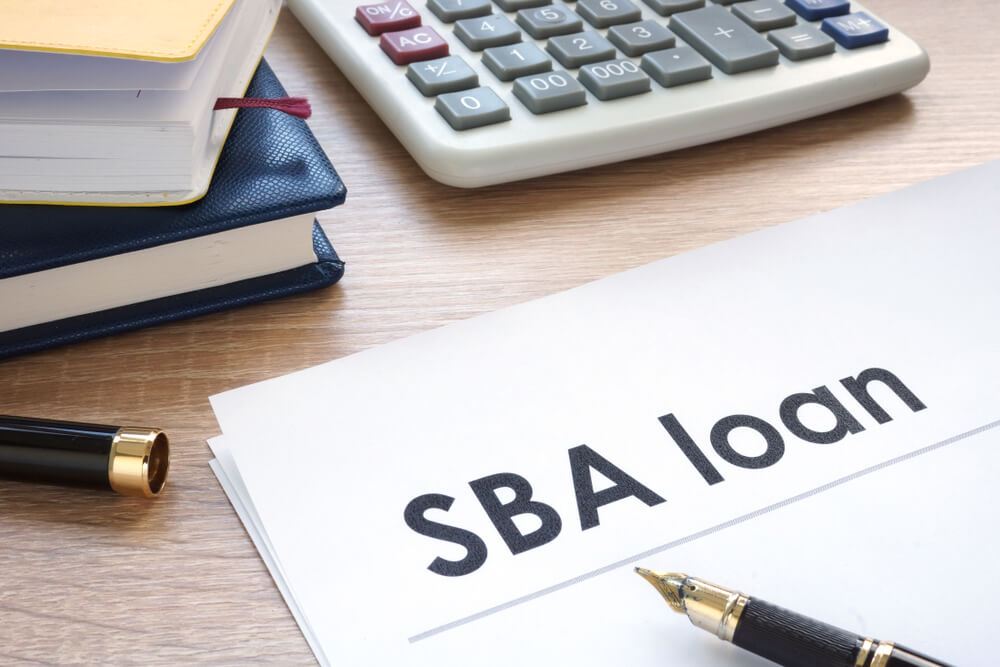8 Amazing Options For Small Business Loans
The most common concern among businesses is how to maximize revenue while reducing expenditure. One way to do that is to plough back the returns in a bid to increase the capital of your business. But when you are only starting out, your options may be very limited. The returns may not really be significant enough to help expand your business.
For instance, you could find out that you are spending nearly all your revenue in meeting recurrent expenditures. This is where loans come in. It is undeniably true that many entrepreneurs shudder at the idea of securing loans.
However, for any business to scale to higher heights, risks are inevitable, and loans are some of the most necessary risks. In this post, we shall uncover the top 8 options for small business loans you might want to consider.
Personal Loans
One of the most common types of loans for budding businesses is personal loans. This is basically money you borrow from a financial institution such as a bank or credit union, with an arrangement of paying it back in fixed monthly-installments. Apart from financial institutions, personal loans can also be advanced by individual lenders. One great thing about personal loans is that you can choose either the secured or the unsecured loans.
Secured personal loans are backed by some collateral such as a car or house while unsecured personal loans do not have any collateral backing. Also, the interest rates will depend on the lender. Banks and other financial institutions have somewhat fixed interest rates while the rates charged by individual lenders are often flexible. Best Egg is a notable online lender of personal loans.
Equipment Loans
This is an asset-based loan, which means you should only apply for it if you are looking to procure some business equipment. The procurement can either be through a purchase or a lease. One of the best things about equipment loans is that the equipment itself is what secures the loan so as a business owner, you will not be required to offer any more collateral.

The rates are also fairly flexible, usually ranging between 8 and 30 percent depending on the lender and the dynamics of your business such as age, finances and creditworthiness. Some of the equipment for which you can apply for equipment loans include vehicles and furniture.
Invoice Financing Loans
These are the kinds of loans you go for if you are looking to resolve cash flow challenges in your business. These problems are normally short-term, and usually stem from unpaid invoices. In order to apply for this loan, you will need to submit all the outstanding invoices, which means it is unpaid invoices that serves as collateral. However, only around 85 percent of the total amount is advanced by the lenders while they hold onto the remaining 15 percent.
As a business owner, you will now be able to use the loan advanced to meet your expenses as you wait for payment from your customers. Lenders usually charge an interest rate of about 1 percent per week. As soon as your customers are able to pay, the lender gives you back the retained percentage of 15 percent but still keeps the weekly interest/fee.
Payday Loans
These are short-term loans you go for in order to meet emergency financial situations in your business. Payday loans, as the name suggests, have a rather shorter repayment period. However, the saving grace is that they are normally advanced in high amounts so you can get through your emergency situations with ease and begin repaying your loan as soon as possible. Payday loans are applied by writing a check complete with the amount that you wish to borrow, along with a fee.
The check is then left with your lender, who cash it as soon as you confirm your readiness to pay. Of course, there are slight variances in this procedure, and companies like CashNetUSA have even easier guidelines. The best part about payday loans is that there’s an arrangement for a roll-over in case you are unable to pay the loan in time.
Purchase Order Financing
At times, your business could be intending to make a capital-intensive purchase but may lack the means to finance such purchases. This is where purchase-order financing comes in. It is more or less similar to invoicing, only that in this case, the purchase order actually secures your loan.

In this arrangement, the lender offers to pay your suppliers to produce and deliver your products to customers, after which the customers make their payments to the lender upon accepting the delivery. It is at this point that the lender pays after deducting their fee. Evidently, purchase-order financing only works best with product-based businesses, so avoid if your business is service-based.
Nonprofit Business Loans
The name alone sounds enticing enough. Nonprofit Business-loans are advanced especially to women and other minority-group small businesses. As the name suggests, the loans are offered by nonprofit lenders in a bid to empower women and other minority groups within the society. These loans are designed to try and create a level retail playground by assisting budding entrepreneurs to overcome competition from established brands.
In the process, they should serve to uplift the economic standards of a given community. Qualifications include a solid business plan, great personal credit and an admirable character. The repayment period is usually below 5 years and the amounts advanced are normally under $50K. They also have fairly manageable interest rates of between 9 and 16 percent.
Installment Loans
As the name suggests, these are loans advanced to small businesses with fixed repayment duration and schedule. For small businesses, these loans mainly serve the purpose of debt consolidation and credit building. The most common types of installment loans include personal installment loans, mortgages and auto loans.
Installments loans are mainly advanced by banks as well as credit unions. As expected, the installments are determined by the amount of loan advanced and the expected repayment periods. Installment loans are lauded for their flexibility and longer repayment periods, which makes them ideal for a small and financially-struggling business. Even better is the ease with which you can get these loans online.
All you have to do is ensure you are applying from a reputable lender. As a general rule, do a background check on the reputation of an online installment loan lender before using their services.
SBA Loans
SBA stands for Small-Business Administration. Contrary to popular belief, the SBA does not guarantee SBA loans. All it does is offer technical support by enhancing access to such loans. SBA basically links a small business owner with a potential lender. Of course, the lender has to be SBA-approved. For you to qualify for SBA loans, you must have a solid credit score as well as be a business owner of reputable standing.

The credit score, in most cases, should be above 650. Your business should also have been in operation for a period exceeding 2 years. SBA loans have favorable interest rates as well as repayment terms. However, you only qualify if you do not have access to any other types of loans.
Conclusion
And there goes some of the top 8 loan options a small business could consider. We hope you can choose one depending on your financial need and eligibility criteria.

